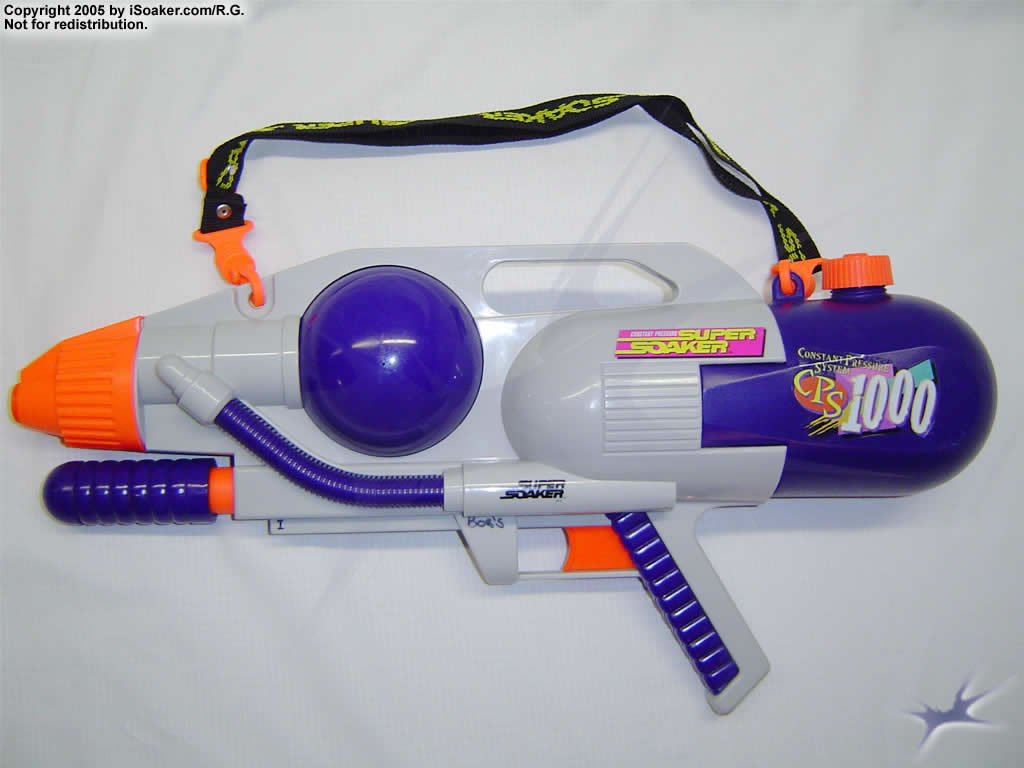
Here’s a GURPSDay gift for everyone!
Dungeon Fantasy 5: Allies is a pretty great book if you’re looking to get some back-up with a little less independence than if you went shopping in Dungeon Fantasy 15: Henchmen. Specifically, it offers up three sets of options: Summonable animal allies for Druids, humanoid divine servitors for Clerics and Holy Warriors (with nature themed options for Druids), and Familiars for any spell-caster. Each group has its own characteristics, and it gives several templates very flavorful options.
| Poké Ball not included |
Characters with (Un)Holy Might also have the option of taking an animal companion instead of a divine servitor. It’s treated as a summoned friend instead of a random summoned creature, but your holy hound is otherwise identical to an ordinary animal. In other words, boring! This post establishes rules for making your furry friend a true gift from above, and provides three templates to really establish how different they are from an ordinary animal.
First, we apply the following template, which represents the special restrictions inherent to spirits on the mortal plane:
Divine Beast: One -10 point disadvantage which should either be the same as the moral code for Holy Might OR Social Stigma (Excommunicated) [-10]; Dependency (Sanctity; Very Common; Constantly) [-25]; Unnatural Features 1 (Varies depending on divine nature) [-1]. [-36]
Class changes to Servitor of Good OR Demon, and becomes vulnerable to Banishment.
Then, apply one of three mutually exclusive templates below. All templates are 62 points including the Divine Beast meta-trait. This raises the value of most animals to 125, or 75% of a starting PC’s value. They are generally bought as Ally (Divine Beast; Built on 75%; 12 or less; PM, -10%; Summonable, +100%) [12] or (15 or less) [18].
Bears, Great Cats, Insect Swarms, and Timber Wolves will become 100% allies (Available on a 12 or less for 19 points, 15 or less for 29 points. Wolverines become 50% allies (12 or less for 8 points, 15 or less for 12 point).
Without further ado, I present your three Divine Beast upgrades
Spectral
A spectral animal companion is only barely tied to this world. It is surrounded by a bright nimbus of light, is always capable of attacking insubstantial foes, and can invoke a supernatural sense of fear in enemies without affecting allies (alternately, use the Awe or Confusion tables from Powers as appropriate).
 |
| Basically, this |
Once per day it may become insubstantial, taking gear (but not riders) weighing up to light encumbrance with it, for up to ten minutes. While insubstantial it additionally may chose to turn itself and its gear invisible to the material world at the cost of 1 FP per minute. This does not hide it from other insubstantial creatures or threats on the Astral Plane.
Spectral: Blessed (Ghost Weapon) [15]; Divine Beast [-36]; Illumination [1]; Insubstantiality (Can Carry Objects (Light Encumbrance +20%, Limited Use 1/day -40%, Maximum Duration 10 Minutes -50%) [24]; Invisibility (Light encumbrance +20%, Costs 1 FP per minute -5%, Limited use 1/day -40%, Maximum Duration 10 minutes -50%, Must be Insubstantial -10%, Switchable +10%) [10] Terror (Selective Area +20%) [48]
Travel Spirit
This animal companion is intended to serve as a means of conveyance to fight spiritual battles. It is fast, completely tireless, surprisingly strong, a skilled acrobat, has a natural sense of direction, and can even run across thin air if spurred to half of its full movement. If skills overlap with those already on template, combine the point totals and readjust. Note that this template is restricted to animals potentially suited for riding. Use one of the appropriate templates below.
Travel Spirit (Boar, Great Cat, Stallion): Absolute Direction [5]; Divine Beast [-36]; Doesn’t Sleep [20]; Enhanced Move (Ground) 1 [20]; Lifting St +10 (No Fine Manipulators -40%, SM+1 -10%); Walk on Air (Must move at least half move -20%) [16]; Acrobatics +1 [8]; Jumping SX+2 [4]; Mount DX+2 [8]
Hound/Timber Wolf: As above, but change Lifting St +10 to Lifting St +8 (No Fine Manipulators -40%, SM+0 -0%)
Giant Eagle: SM+1 (3 points saved on base ST); Enhanced Air Move +1.5 [30]; Doesn’t Sleep [20]; Remove Quirk: Fatigues easily under loads [-1]; Lifting ST +14 (SM+1 -10%) [38]; Aerobatics +1 [2]; Mount DX+2 [8]
 |
| What could go wrong? |
Shark: Amphibious [10]; Doesn’t Breathe (Gills -50%, Affects Others +50%) [20]; Doesn’t Sleep [20]; Increased Air Move [4]; Flight (Cannot Hover -15%) [34]; Aerobatics DX-1 [2]; Aquabatics +1 [1]; Flight HT+0 [2]; Mount +2 [3]
This enhancement allows the (Un)Holy shark to swim and fly equally well, with a move of 16 in both mediums. It cannot hover in flight and must move at least 4 yards each second. It can breathe air, and can grant its rider the ability to breathe underwater.
Wise
 |
| If your animal decides it needs a manservant, that's not on me |
Wise animal companions have an IQ of 11, +2 to Will, and unchanged Perception. They can speak perfectly in their native tongue, are fully literate (but may have trouble turning pages), and blessed with both Common Sense and the ability to meditate and receive otherworldly guidance. The last ability gives them +1 to reaction from followers of your religion. However, Wise animal companions will demand to be treated with all the respect granted to the fully sentient, and resent being treated as dumb animals.
Wise: IQ+5 [100]; Will-3 [-15]; Perception -5 [-25]; Blessed [10]; Common Sense [10]; Divine Beast [-36]; Increase Native Language to Spoken (Native)/Written (Native) [+4]; Remove Cannot Speak [15]; Quirk: Refuses to be treated as ordinary beast [-1]
The Last Word:
I think all of these lenses are fun and a nice boon for players look for a hybrid between an animal companion and a divine servitor. The Spectral lens is a nice combination of flavorful and potent options for both combat and exploration. The travel spirit turns eagles, boars and great cats into viable mounts. Since stallions are already built to be mounts, they become terrifyingly fast. Flying sharks are just straight terrifying.
Mechanically, the Wise lens has the least going for it, as it does little but turn the animal into a full-blown NPC. GMs should emphasize the ability to use good tactics and show helpful initiative. Common Sense and Blessed lets the Wise animal serve as a direct conduit to the GM advice, which can be helpful for a character (or player!) that lacks wisdom themselves.
All in all I’m very fond of this concept, and I could see throwing together a few more lens options in the future.







